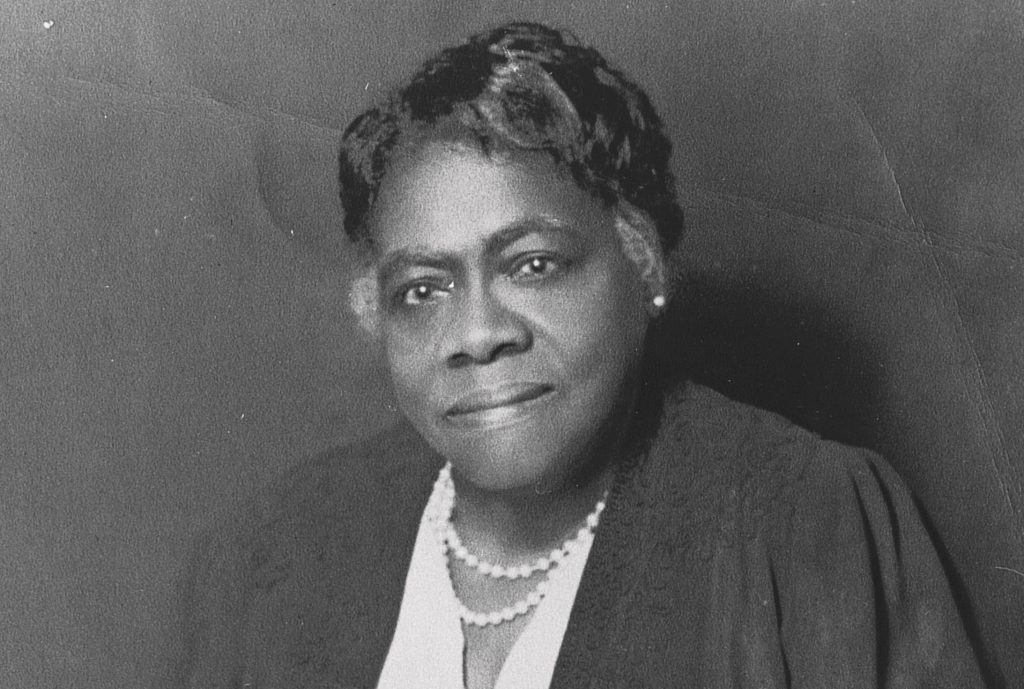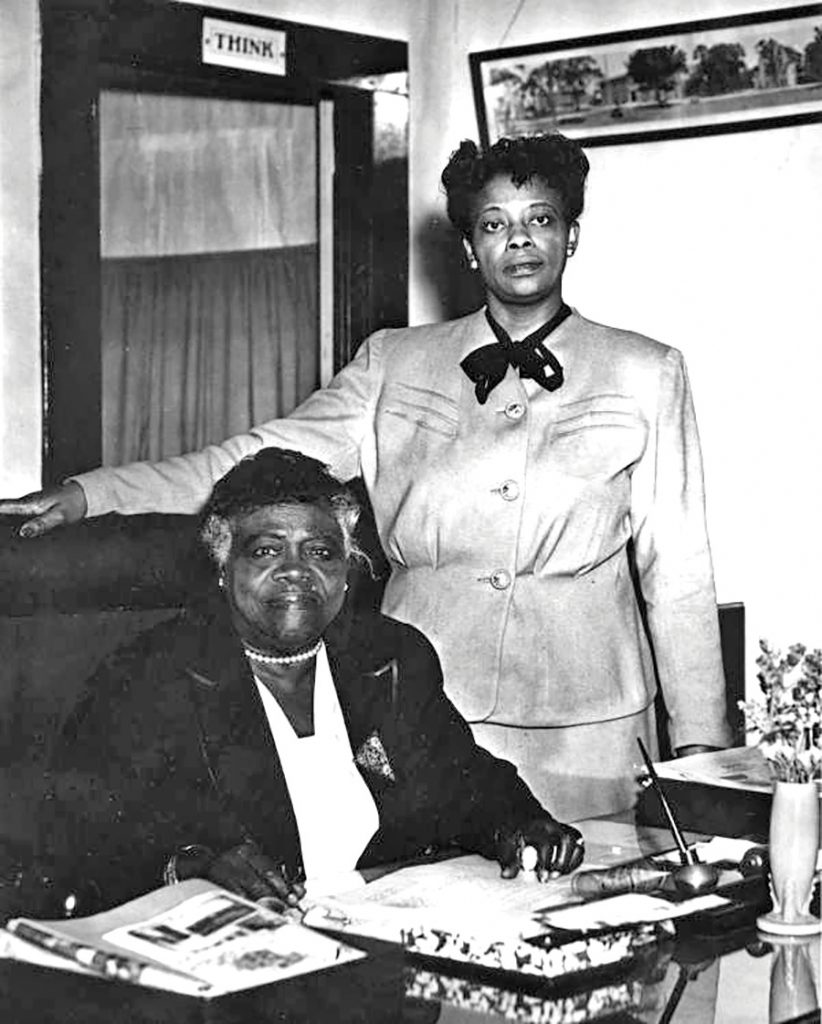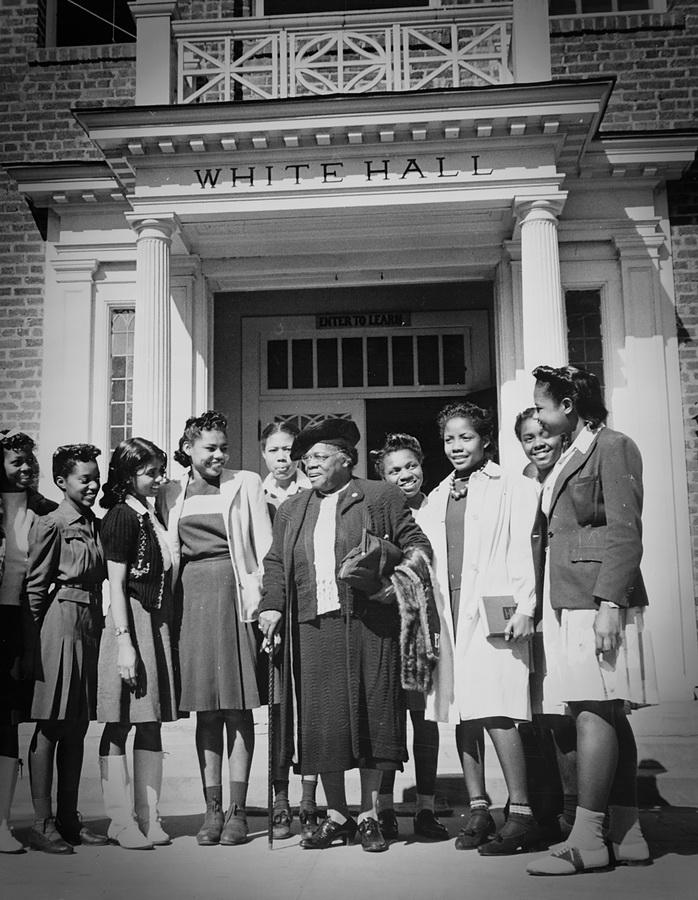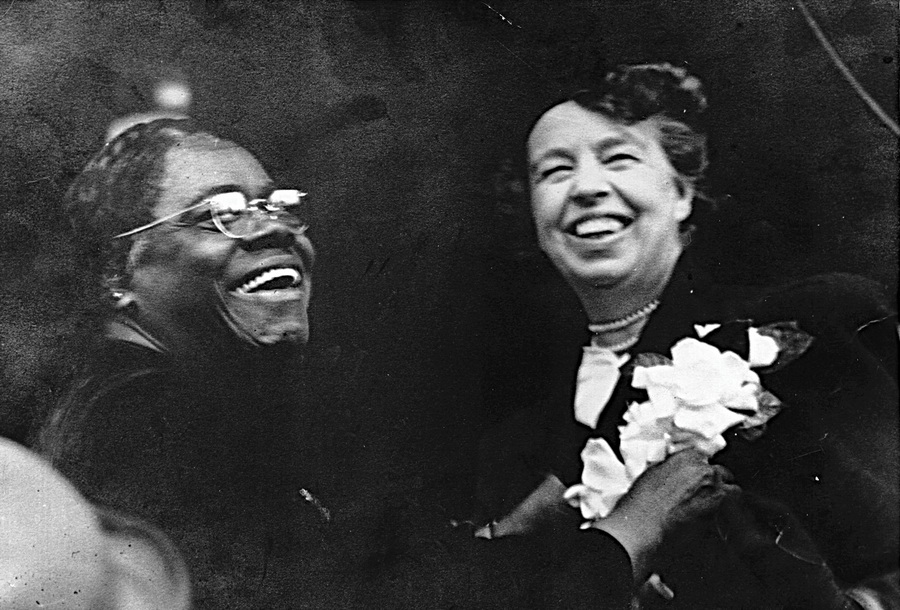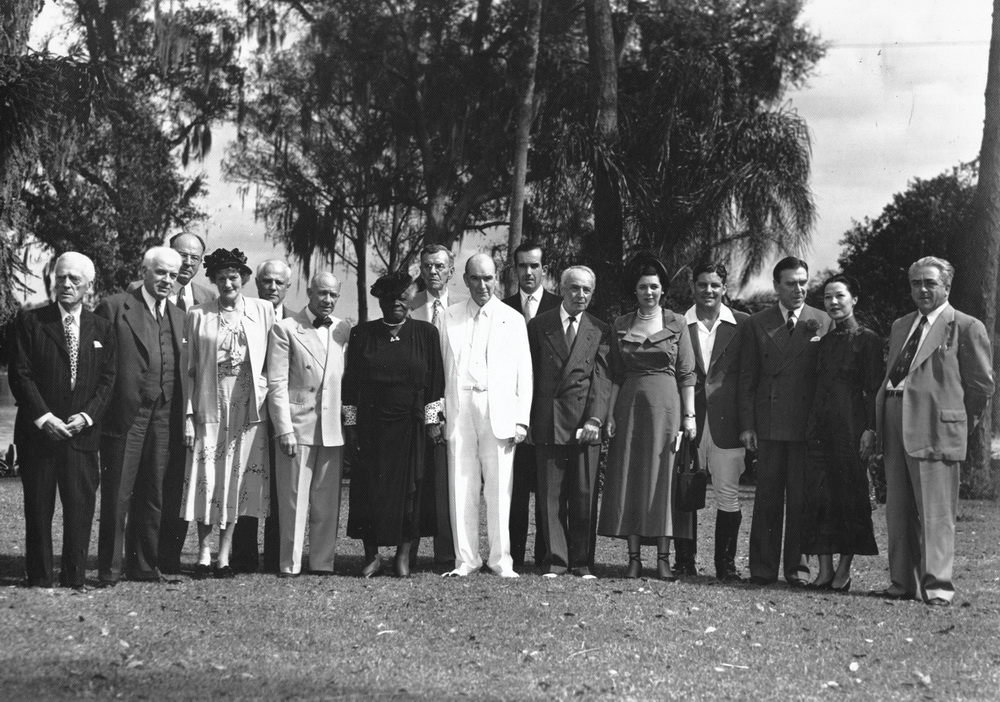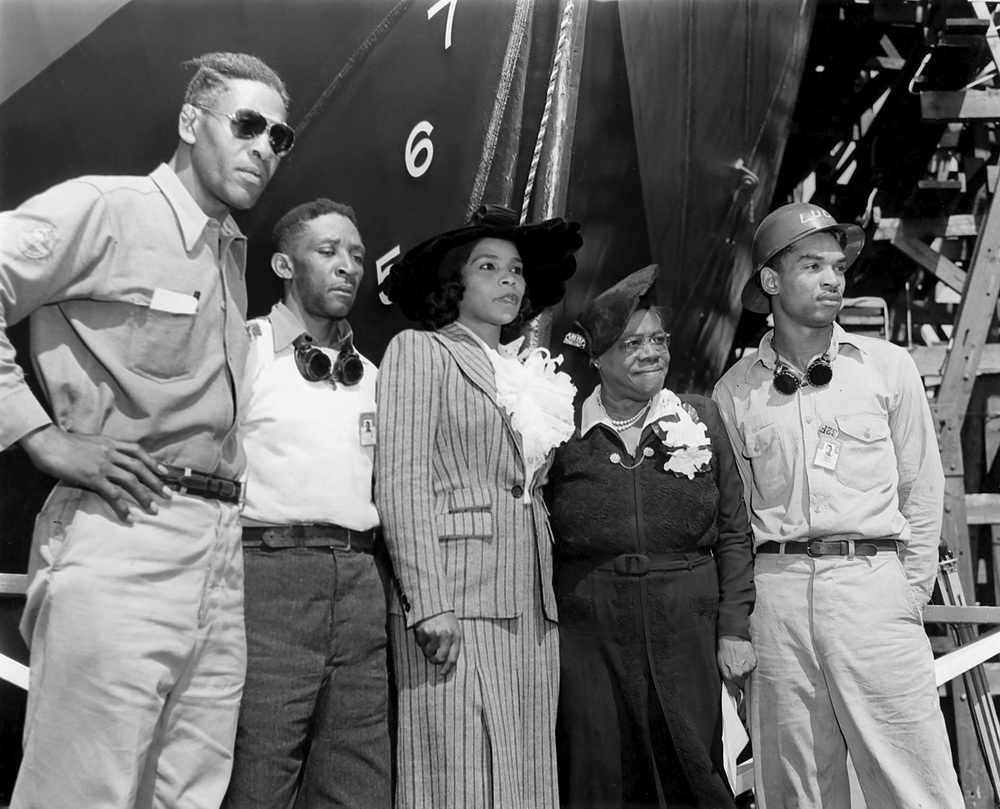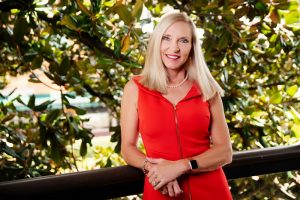Investments in others
Throughout her life, Dr. Bethune saw promise in a myriad of Black business owners and invested in their endeavors accordingly. Among these entrepreneurs was Sarah Breedlove, better known as Madame C. J. Walker, who, like Dr. Bethune, was born to previously enslaved sharecroppers. Madame Walker is credited for developing and marketing a line of cosmetics and hair care products for Black women, thus making her the first recorded, self-made female millionaire.
Dr. Bethune was instrumental in the promotion of a Madame Walker’s beauty care line and in a letter to the beauty mogul, dated April 5, 1917, praised the benefits of the products on her own as well as her students’ hair and requested that one of her girls participate in Madame Walker’s beauty training course at her New York College.
She was also instrumental in the success of the aforementioned Engram Electric, contracting most of the electrical projects for Bethune-Cookman University with the company.
Closer to home, Dr. Bethune founded Bethune Mortuary in the 1940s. Operated by her son, Albert McLeod Bethune, with his wife serving as mortician, the funeral home proved to be a lucrative business for more than 25 years.
“She dabbled in many different businesses,” said Dr. Tasha L. Youmans, Library Dean/Chief Librarian at Bethune-Cookman University. “She saw a need; she established a business to meet that need.”
Community Recognition
In honor of her many contributions to Daytona Beach, the country and especially the Black community, an 11-ft, white marble statue of Dr. Bethune, created by master sculptor Nilda Comas, will be erected at the U.S. Capitol’s Statuary Hall later this year after making a stop in Daytona Beach.
Dr. Hiram Powell, interim president at Bethune-Cookman University, reflects on this momentous occasion and the impact the daughter of former slaves made not only on B-CU but also on the people of Daytona Beach and its surrounding communities:
“There is a photo of Dr. Mary McLeod Bethune hanging in my office, and every day, at the end of the workday, as I’m leaving, I turn and look at this photo. I ask myself, did I truly do all that I can do today for this institution? If I cannot answer yes, I get back to work. That is the influence that Dr. Bethune has had on me, on Bethune-Cookman University, on the Daytona Beach community and [on] the world. Her drive to change the world coupled with her unceasing passion to educate young African Americans and to live a life of service unto others is what lives inside of me and keeps me moving forward.
As Dr. Bethune’s statue, on its journey to statuary hall in Washington DC, makes a stop in Daytona Beach, may we all be reminded of the tremendous responsibility that we all have to our youth, to our communities and to equality and diversity. We are humbled and grateful to be a part of this statuary project and may Dr. Bethune’s iconic presence continue to inspire us all and bring our communities closer together.”
She made a difference in people’s lives
These are just a few examples of Dr. Bethune’s legacy. At the time of her death on May 18, 1955, Dr. Mary McLeod Bethune was considered one of the greatest Black women to have lived. The Washington Post commented that “not only are her own people, but all of America, has been enriched and ennobled by her courageous, ebullient spirit.”
“She wasn’t just an average educator,” Dr. Youmans said. “She really had power. She moved quietly, but she was a force. Dr. Bethune was recognized by everyone, not just the Black community, but the white community as well, as being somebody. She made a difference in many people’s lives.”


